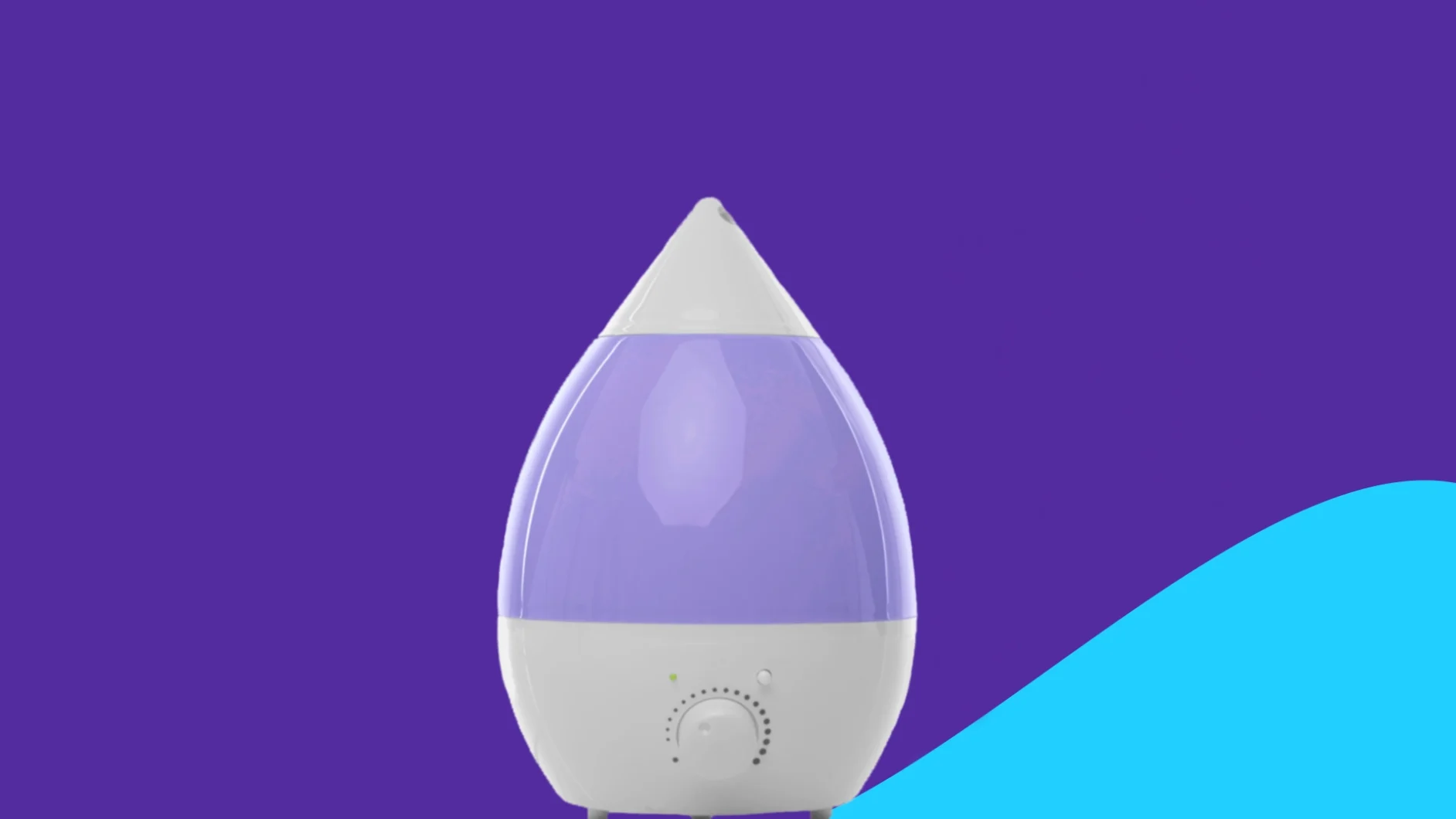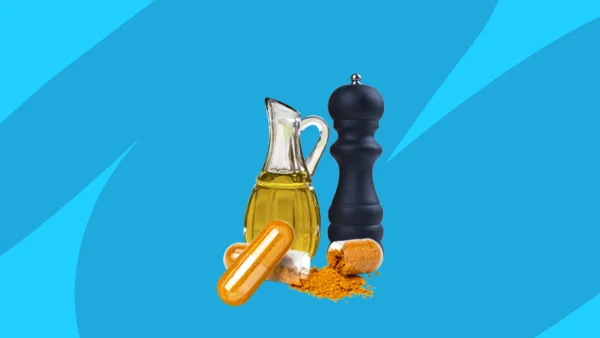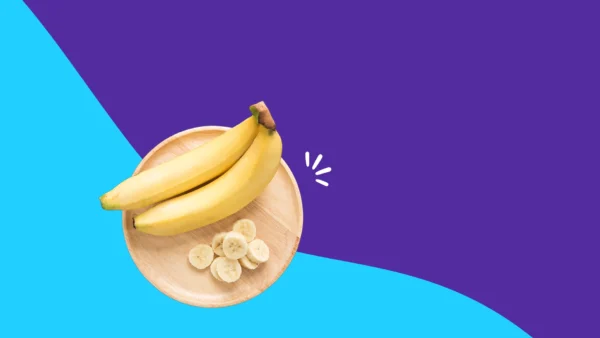If you’ve ever had a sinus infection, you know how painful it can be. Symptoms like a stuffy nose, pressure or pain behind the eyes, headaches, a cough, and a sore throat, can have you looking for quick relief. The good news is there are a few ways to ease your symptoms.
Sinus infections, or sinusitis, occur when the sinuses become infected with a virus or bacteria, making it difficult for mucus to drain. This is a common medical condition: Sinus infections affect about 35 million Americans annually and are responsible for almost 16 million hospital visits each year. If your sinus infection is caused by bacteria, you may need an antibiotic to recover, but medications are not always needed. If a virus is causing your sinus issues, antibiotics will not work but there are a number of natural remedies you can try.
9 home remedies for sinus infections
No matter the type of sinus infection you have, there are ways you can relieve the facial pressure and start feeling better. If you have a virus, these common remedies can help you kick the infection; if you have a bacterial infection, you will need to visit your provider for an antibiotic—but these can help alleviate symptoms of a sinus infection in the meantime. Read on to learn more about these 9 home sinus infection treatments.
1. Rinse your nasal passages
Nasal irrigation, or sinus rinsing, is a simple and effective home remedy to help decrease symptoms of a sinus infection. Danny Wong, MD, an otolaryngologist at Houston Methodist Baytown Hospital explains that performing a nasal irrigation will help to clear dried mucus, which could be blocking the sinuses. “It also helps clear mucus away from the nostril, allowing for easy breathing,” he says.
To do a sinus rinse at home, you will need a neti pot, a bulb syringe, or a squeeze bottle filled with saline solution. You can buy saline solution over the counter or make it at home by mixing 1 to 1 1⁄2 heaping teaspoons of pickling/canning salt (which contains fewer additives than table salt) and 1 teaspoon of baking soda with distilled water. If you don’t have distilled water, you can boil, then cool, tap water. You should never use tap water straight from the sink as it can contain harmful microorganisms.
Once your neti pot is ready, lean over the sink, tilt your head to the side, and gently squeeze the saline solution into one side of your nose. The water should flow into one nostril and come out the other. Repeat with the other side. This will help flush the nasal passages and remove nasal discharge, crusts, mucus, allergens, and other debris.
Studies show that nasal irrigation is safe and effective for pregnant women with allergic rhinitis; there was no report of side effects in the fetus or mother.
2. Inhale steam
Steam inhalation is a simple and inexpensive home remedy for sinus infections. “Steam inhalation, such as the steam in a shower, can help relieve pressure in the sinuses,” Dr. Wong says. It relieves sinusitis by moistening mucous membranes which thins thick mucus.
There are a few ways to use this home remedy: Turn on a hot shower, stand or sit in the bathroom, and inhale the steam from the hot water. Or, pour freshly boiled water into a bowl, drape a towel over your head while leaning over the bowl, and inhale the steam for about 15 minutes. You should do this several times a day to help relieve symptoms.
Although a large 2016 study concluded that steam inhalation may not be effective for sinus infections, it’s still recommended home remedy by the Centers for Disease Prevention and Control. Additionally, this treatment is safe for pregnant women, according to the American Pregnancy Organization.
3. Drink lots of fluids
Dr. Wong recommends staying hydrated as a natural home remedy for sinus infections. As well as being vital to your overall health, prioritizing hydration and drinking enough water can help loosen the mucus secretions, allowing you to breathe through your nose more easily.
RELATED: How much water should you drink a day?
4. Eat anti-inflammatory foods
A healthy diet consisting of fruits and vegetables is essential to healthy living. Most importantly, incorporating anti-inflammatory foods such as green tea, garlic, ginger, tomatoes, apples, honey, and salmon in your diet will go a long way. These foods will not necessarily cure sinus infections but complement other therapies by providing benefits such as solid immunity and reduced inflammation. It’s also important to limit or avoid meat, unhealthy fats, and processed foods—all of which can increase inflammation.
5. Use a warm compress
A warm compress increases blood supply in the part of the body where it is applied and also relieves stiffness. In the case of sinus infections, this home remedy can be used to clear the nasal passage and relieve sinus pressure and pain. All you need to do is place the warm compress over your forehead and nose for a few minutes.
6. Rest more often
When you’re sick with a sinus infection, it’s important to give your body the rest it needs to heal. That means making sure to get the z’s you need. Research has shown that getting enough rest is essential for your immune system to mount a defense against infections and inflammations. Additionally, lack of sleep has been associated with systemic inflammation. When your body is dealing with that, it’s easier for you to get sick and stay sick.
7. Use a vaporizer or humidifier
Another simple home remedy for sinus infections is using a vaporizer or humidifier to add moisture into the air as dry air can irritate the sinuses. “Humidifiers in the bedroom will help with sinusitis to help keep mucus flowing,” Dr. Wong says. “The main premise of clearing sinusitis is to make the mucus less thick.” Just be sure to use a cool-mist humidifier if you have children or pets, and clean the devices regularly to avoid the spread of mold.
8. Sleep with your head elevated
It can be difficult to sleep with a sinus infection that stuffs up your nose. Sleeping flat on your back increases nasal congestion and may cause throat and palate obstruction in some people, all of which may contribute to difficulty breathing. Propping your head up with extra pillows is the best sleeping position if you have a sinus infection—it will help reduce congestion and promote better breathing. Plus, the effect of gravity also helps with mucus drainage.
9. Introduce gentle exercises
Physical exercise opens up the blood vessels and improves airflow. Opening the blood vessels increases blood circulation, which may loosen sinus congestion and pressure. Hence, consider adding light exercises like walking, jogging, and yoga to your routine and avoid strenuous physical activities that could intensify sinus symptoms.
There are some home remedies that aren’t just ineffective—they may actually exacerbate your symptoms. For example, a popular remedy on TikTok says to put garlic in your nose to clear the sinuses. However, it is not evidence-backed, and it is not effective for sinus infections. Worse still, it causes mucus buildup. When you read about a “cure” that seems too good to be true, it probably is. Always consult a healthcare provider if you’re unsure.
How to treat sinus infections when natural remedies don’t work
When home remedies don’t provide enough relief, supporting them with other therapies such as over-the-counter (OTC) painkillers, antihistamines, nasal decongestants, corticosteroids, and expectorants or prescription antibiotics can help. But, it’s crucial that you discuss this with your healthcare provider and get the go-ahead before using any such medications. In some cases, you may need a prescription medication or even a surgical procedure for chronic sinusitis. Here’s what to know about your options.
- Painkillers: OTC non-steroidal anti-inflammatory drugs (NSAIDs) like ibuprofen and acetaminophen provide fast relief from sinus pain caused by pressure in the sinus cavities.
- Decongestant nasal sprays can clear your stuffy nose within a few minutes. However, use for more than 3 days will cause rebound congestion. This is most common with nasal sprays containing the active ingredient oxymetazoline or phenylephrine.
- Steroid nasal spray containing fluticasone is another option. Though it may not produce relief as quickly, it will not cause rebound congestion. For pregnant women, saline nasal drops are preferable, and you can prepare your own by mixing a cup of warm distilled or purified water with 1/8 teaspoon salt and a small quantity of baking soda.
- Antihistamines: Some providers may use antihistamines if an underlying condition is causing sinusitis. They can reduce allergy symptoms and dry up mucus in the sinuses to ease uncomfortable symptoms.
- Antibiotics: A healthcare provider may prescribe antibiotics for bacterial sinus infections or if sinusitis fails to resolve on its own after 10 days to two weeks. Amoxicillin is a commonly used antibiotic, but there are other options for people who are allergic or resistant to it. Antibiotics are not used for viral infections.
- Expectorants: Expectorants are medicines that thin mucus and thereby improve drainage. Examples include guaifenesin. Expectorants may come in forms combined with decongestants or antihistamines.
- Oral steroids: Oral steroids, such as oral prednisolone, are sometimes prescribed when other therapies fail or for severe chronic sinusitis. These can help decrease sinus inflammation so your sinuses can drain any buildup.
- Balloon sinuplasty: “Chronic sinusitis may result if the anatomy is too tight, meaning their passageways are too small and don’t drain properly,” says Madan Kandula, MD, an otolaryngologist and co-founder of ADVENT, an ENT provider with clinics in Illinois, Wisconsin, Minnesota, and Indiana. “This causes mucus and debris to remain in the cavities, giving it a chance to get stagnant, causing miserable stuffiness and infection.” For severe, chronic sinus infections your provider may recommend balloon sinuplasty, an in-office procedure that uses a tiny balloon to expand your sinus passages so they can drain easier and prevent future infection.
- Endoscopic surgery: Surgery is another treatment available for treating chronic sinus infections. It may be an option if you have a persistent sinus infection, nasal polyps, nasal blockage, or sinus tumors. During the surgery, the healthcare provider uses an endoscope to open the sinuses and remove any obstacle responsible for sinus blockage.
When to see a doctor for sinus infections
If home remedies aren’t helping to resolve your sinus infection, you may need to see a healthcare provider. You should contact your healthcare provider if:
- Symptoms become more severe
- Symptoms last more than two weeks
- Symptoms worse after initially improving
- You have a fever lasting three to four days
- You have a cold lasting seven days
- You have facial pain, vision changes, or breathing difficulty
- You have headaches lasting more than one week, as well as symptoms like changes in mental status, seizures, vomiting, and swelling of the forehead, it may be a sign of sinusitis spreading to the brain
It’s also necessary to see a healthcare provider to rule out other medical conditions that present with similar symptoms, such as allergic rhinitis, flu, asthma, common cold, otitis media or middle ear infections, cough, and migraine headaches. If you visited your provider and finished a course of antibiotics and still are experiencing symptoms, you need to schedule a follow-up visit.
Sources
- Acute sinusitis, Medscape (2023)
- Sinus infections, Penn Medicine (2022)
- Sinus infections, Centers for Disease Prevention and Control (2019)
- Nasal irrigation to treat acute bacterial rhinosinusitis, American Family Physician (2005)
- How to perform nasal irrigation, UpToDate (2023)
- Is Rinsing Your Sinuses With Neti Pots Safe?, FDA (2023)
- Nasal lavage in pregnant women with seasonal allergic rhinitis: a randomized study, Int Arch Allergy Immunol (2010)
- Sinus infection while pregnant, American Pregnancy Organization
- Upper Respiratory Tract Infection Treatment & Management, Medscape (2020)
- Effectiveness of steam inhalation and nasal irrigation for chronic or recurrent sinus symptoms in primary care: a pragmatic randomized controlled trial, Canadian Medical Association Journal (2016)
- Dietary modifications for refractory chronic rhinosinusitis? Manipulating diet for the modulation of inflammation, American Journal of Rhinology & Allergy (2015)
- Role of sleep deprivation in immune-related disease risk and outcomes, Communication Biology (2021)
- The Best Sleeping Positions For Sinus Drainage, ENT & Allergy Association (2023)
- How exercise helps your sinuses, Advanced Sinus Relief Centers (2022)
- Is exercising with a sinus infection safe, Detroit Sinus Center (2017)
- Acute sinusitis: Do over-the-counter treatment help, Mayo Clinic (2022)
- Sinus infections, Cleveland Clinic (2023)
- Decongestants, antihistamines and nasal irrigation for acute sinusitis in children, Cochrane Library (2014)
- Acute sinusitis overview, UpToDate (2021)
- Sinusitis, Asthma & Allergy Foundation of America (2021)
- Oral steroids for sinusitis, UMMC Healthcare
- Endoscopic sinus surgery, Johns Hopkins Medicine
- Bacterial sinusitis and its frightening complications: subdural empyema and Lemierre syndrome, Autopsy Case Report (2015)
- Conditions with similar symptoms as: sinusitis, St. Luke’s Hospital (2005)











